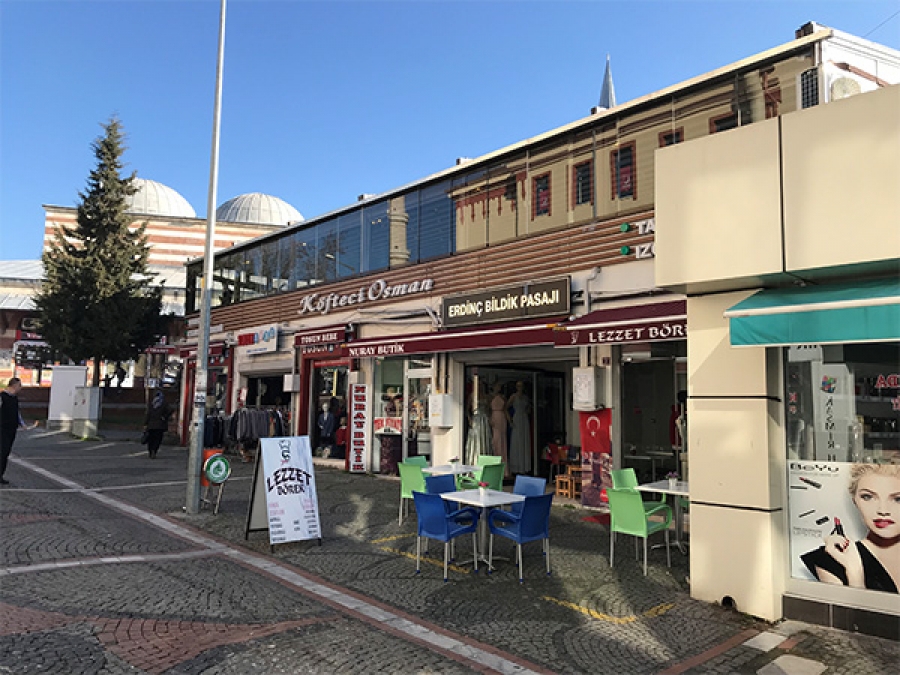Erzincan
WELCOME TO Erzincan
Province Overview
Erzincan
11,974 km2
257,814
Turkish
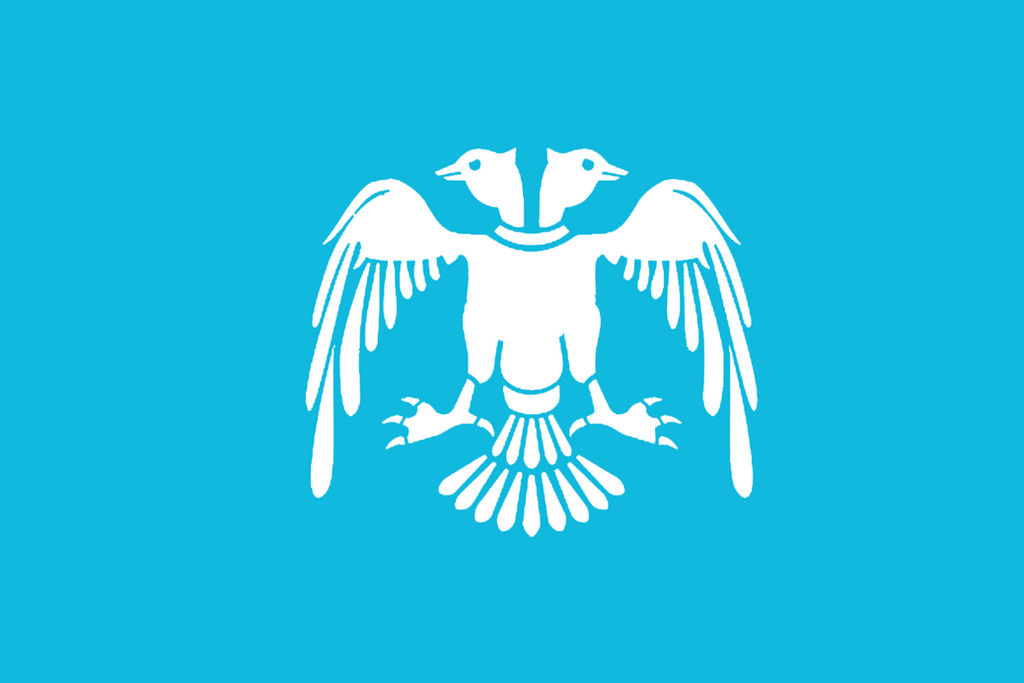
Popular
Geography and Tourist Attractions
Information about the province's tourist attractions, including popular destinations, events, and activities.
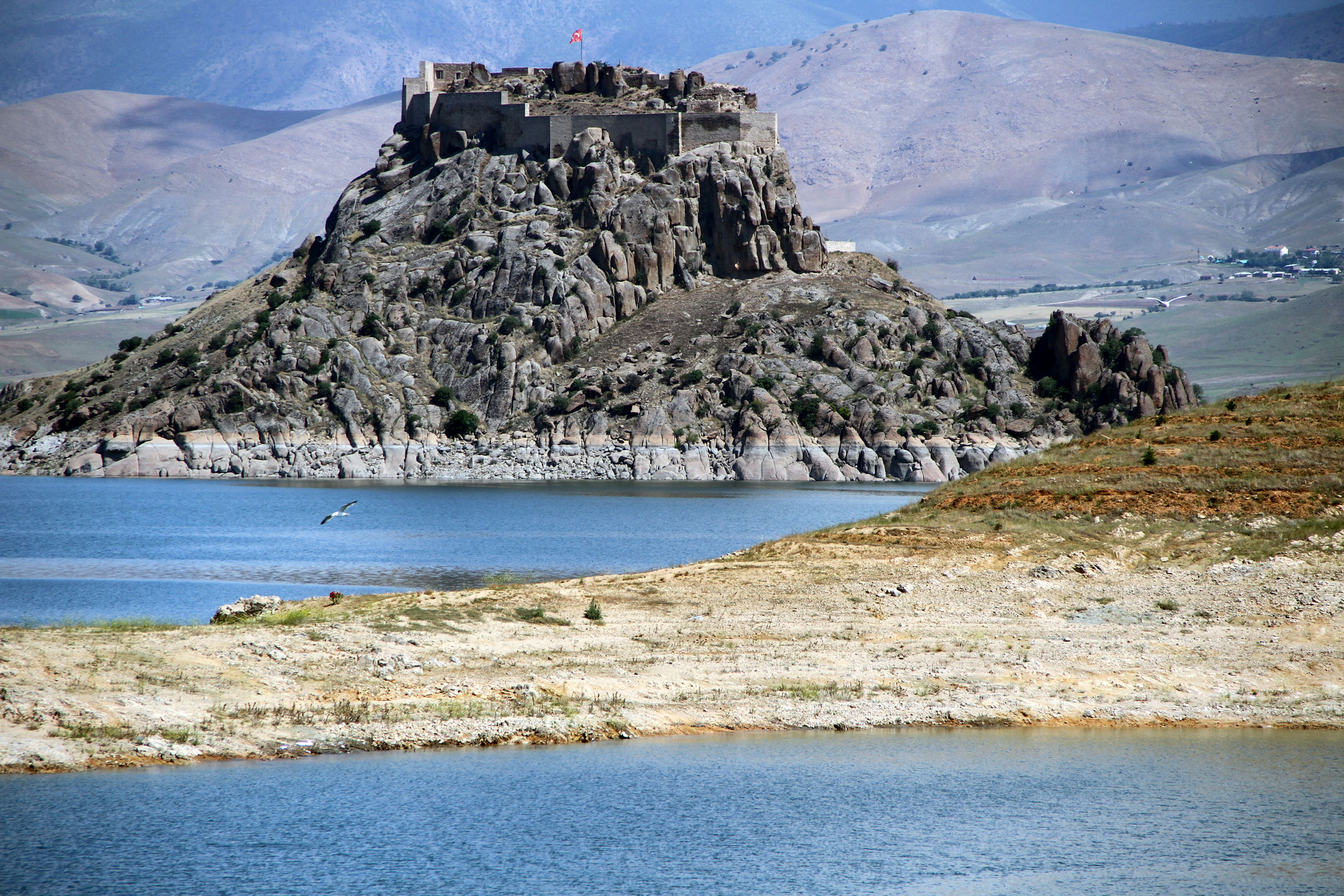
Munzur Valley National Park
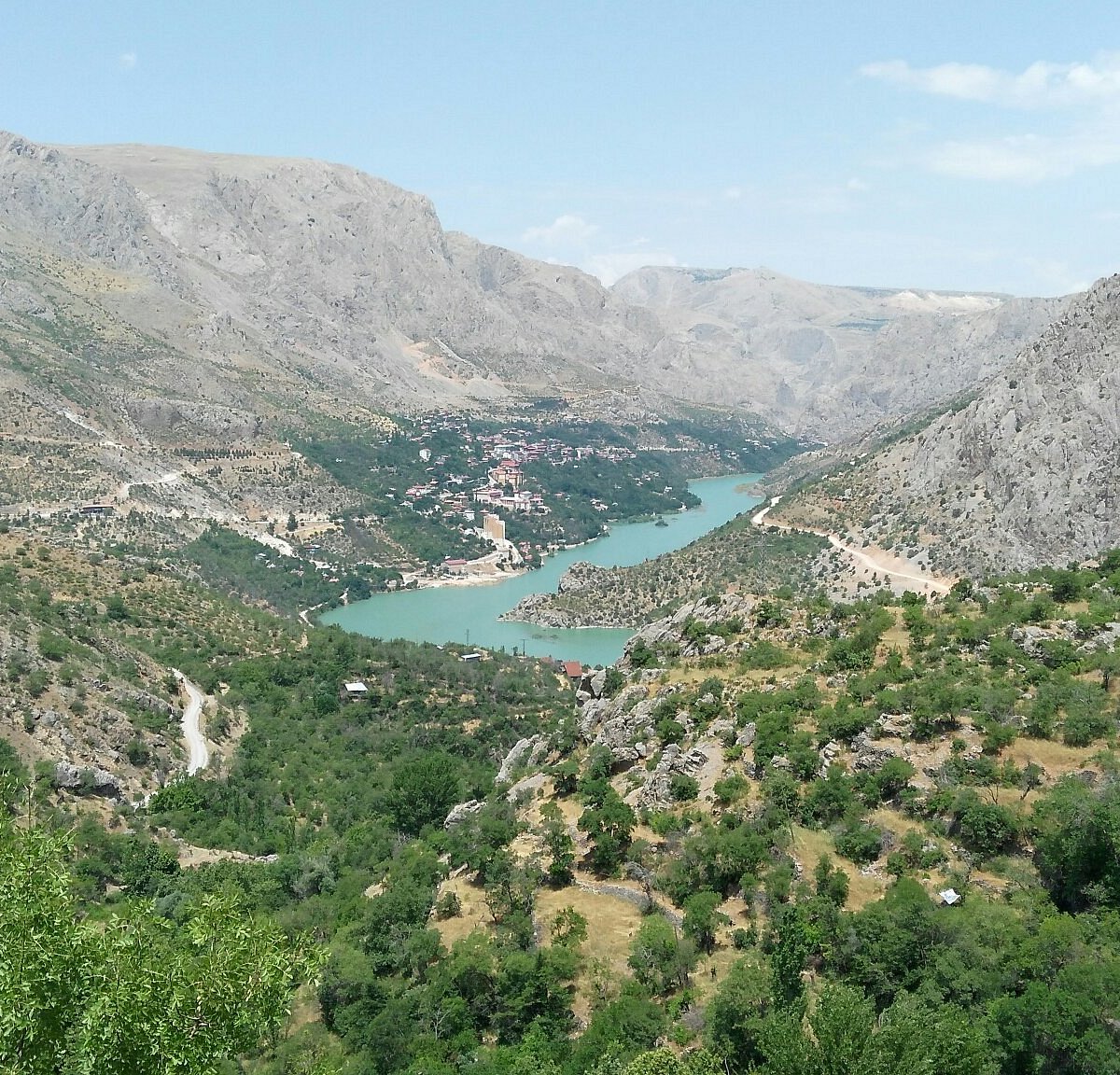
Kemaliye (Eğin)
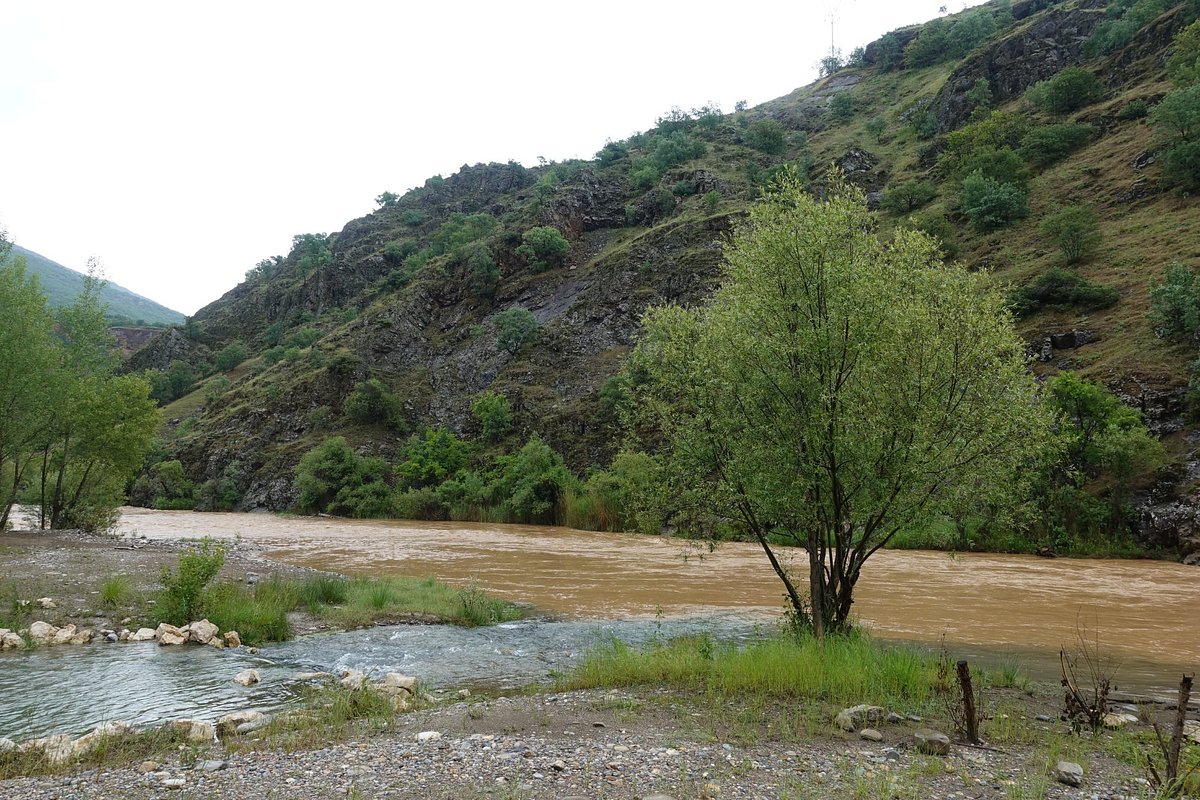
Çoruh River
Political
Economy and Government
Erzincan, a province in Turkey, has a diverse economy and a government structure that supports its development. The province's economy is primarily driven by agriculture, mining, and tourism. Agriculture plays a vital role, with significant production of cereals, fruits, vegetables, and animal husbandry. The region is also known for its high-quality honey production.
Erzincan has rich mineral resources, including copper, iron, and chromium, which contribute to mining activities. The province is actively exploring ways to develop its mining sector and attract investments.
In recent years, Erzincan has placed increasing emphasis on tourism. The natural beauty of Munzur Valley National Park, outdoor adventure opportunities like rafting on the Çoruh River, and historical sites like Kemaliye attract visitors from both within Turkey and abroad. The local government supports tourism infrastructure development and promotional activities to boost the sector.
The government of Erzincan operates under the framework of Turkey's democratic system. The province is administratively divided into districts, each with its own mayor and municipal council. The central government provides support for local development projects and infrastructure improvements.
Overall, Erzincan's economy is evolving with a focus on agriculture, mining, and tourism, while the local government works in tandem with the central government to ensure sustained growth and development in the province.
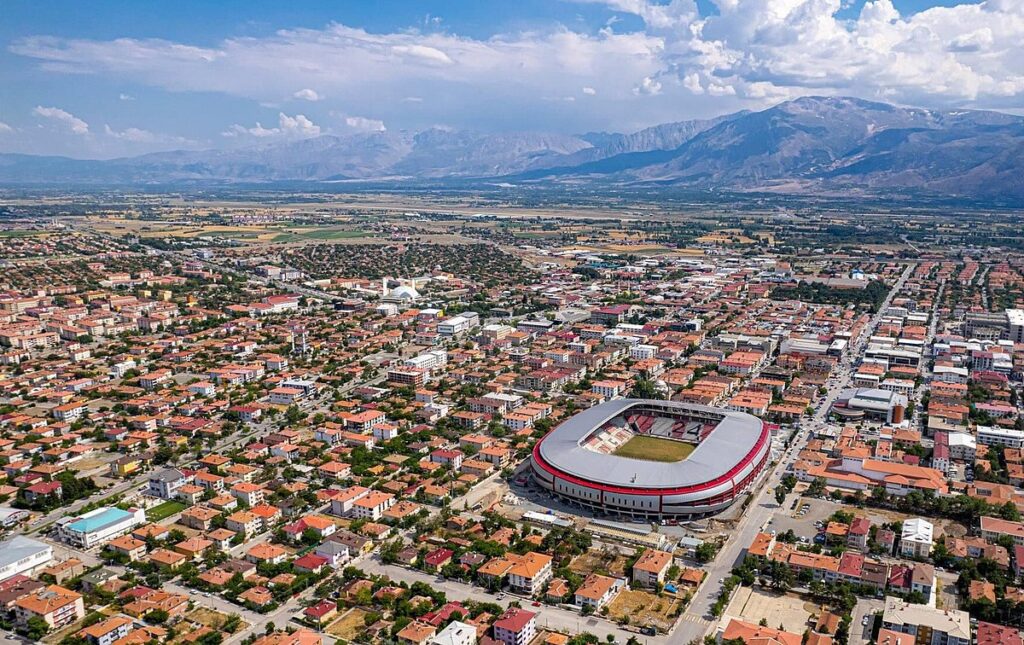
History
History and Culture
Erzincan, a province in Turkey, is steeped in rich history and vibrant culture. The region has been inhabited since ancient times, with traces of various civilizations found in archaeological sites. The province has witnessed the influence of Hittites, Urartians, Byzantines, Seljuks, and Ottomans, leaving behind a tapestry of historical remnants.
Erzincan played a significant role as a trading hub along the Silk Road, connecting the East and West. Its strategic location brought prosperity and cultural exchanges, shaping the local traditions. The province has preserved many historical sites, including castles, mosques, and caravanserais that stand as testaments to its past.
The local culture of Erzincan is a blend of Anatolian and Eastern influences. Traditional music and dance, such as the famous "Horon" dance, are performed during festive occasions. Local handicrafts like carpet weaving, copperwork, and woodwork reflect the craftsmanship of the region.
Cuisine in Erzincan showcases unique flavors and culinary traditions. Local delicacies include "Tulum Cheese," "Erzincan Tava," and "Cağ Kebabı," offering a taste of the province's gastronomic heritage.
The people of Erzincan are known for their warm hospitality and strong community ties, preserving their cultural traditions while embracing modernity. The province's history and culture are celebrated through festivals, cultural events, and museums, providing visitors with a fascinating glimpse into Erzincan's rich heritage.
HOTELS
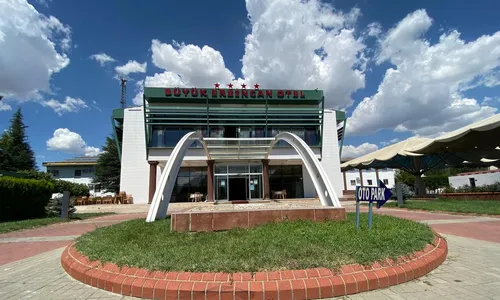
Erzincan Buyuk Otel
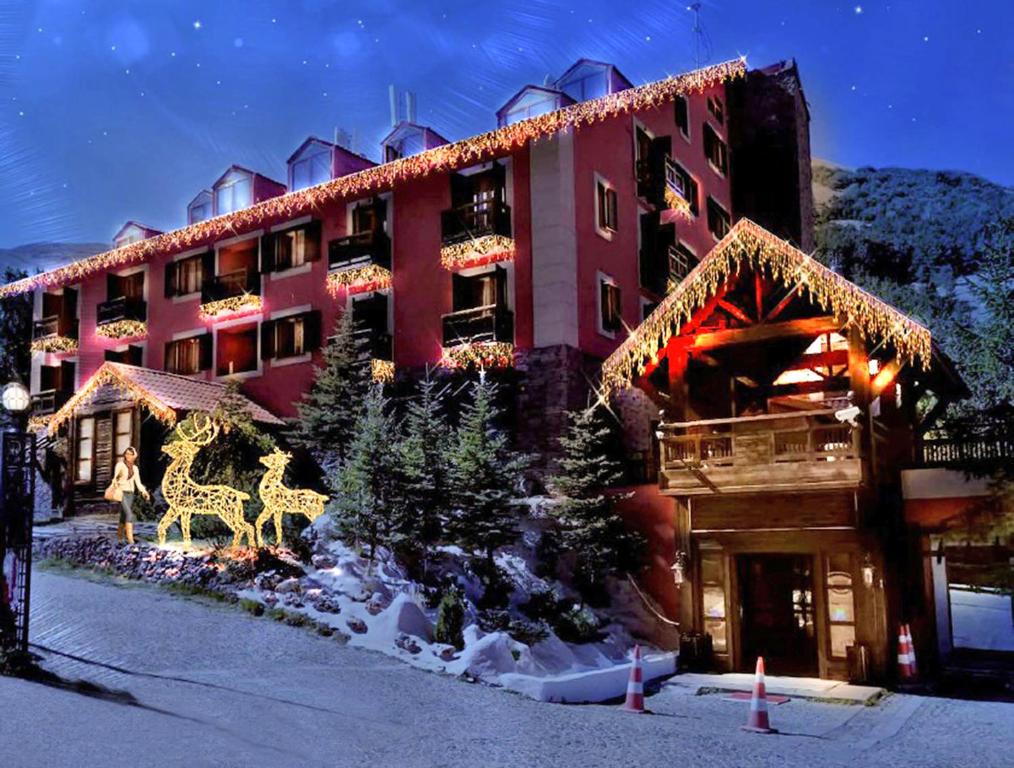
Dedeman Palandöken Resort Hotel
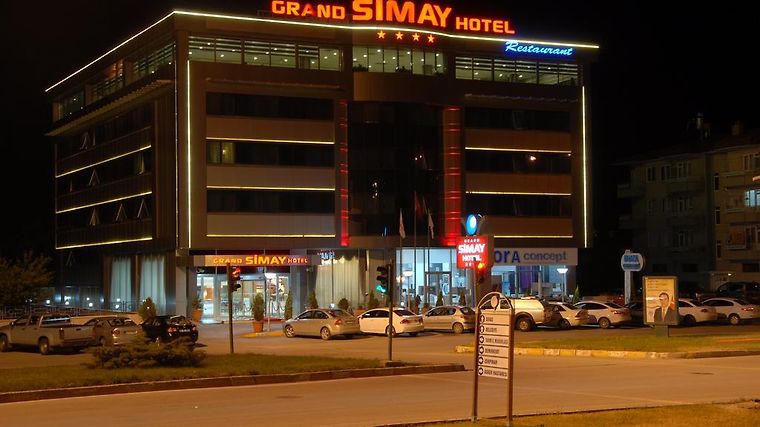
Grand Simay Hotel
RESTAURANTS

Balkan Restaurant
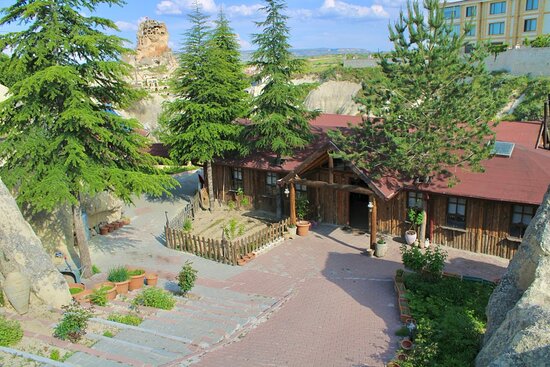
Tandır Restaurant
